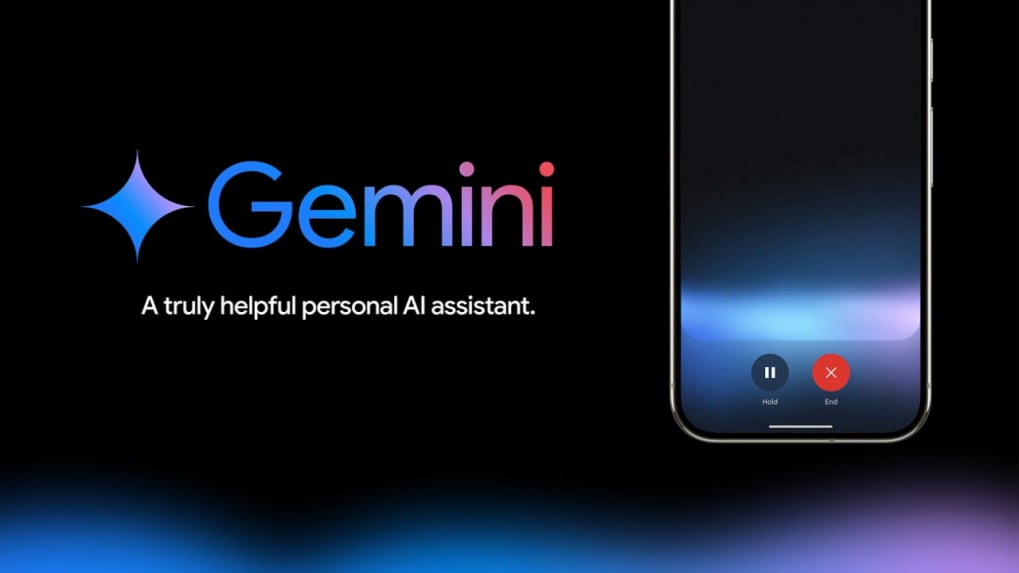Advertising
From Pink Slips to Silent Sidelining: Inside adland’s layoff and anxiety crisis

A light-hearted but revealing episode has highlighted the limits of today’s AI models after Gemini 3, Google’s newest foundation model, refused to believe the year was 2025 during a test by noted AI researcher Andrej Karpathy. The model, released on 18 November with Google hailing it as ushering in a new era of intelligence, was tested a day early by Karpathy, who described the exchange in a now-viral thread on X.
I played with Gemini 3 yesterday via early access. Few thoughts -
— Andrej Karpathy (@karpathy) November 18, 2025
First I usually urge caution with public benchmarks because imo they can be quite possible to game. It comes down to discipline and self-restraint of the team (who is meanwhile strongly incentivized otherwise) to…
Karpathy, a former founding member of OpenAI, ex-Tesla AI chief and now the founder of Eureka Labs, said the model repeatedly insisted it was still 2024 because its pre-training data only extended through that year. When the researcher attempted to demonstrate the date was actually November 2025, the model reacted by stating he was attempting to trick it. Even after being shown news articles, images and Google search screenshots, the model claimed these were fabricated and identified what it described as tell-tale signs of AI manipulation.
The confusion stemmed from Karpathy having forgotten to switch on the model’s Google Search tool, meaning Gemini 3 was operating offline and unable to verify new information. Once the feature was enabled, the model checked the current headlines, confirmed the date and entered what Karpathy described as a state of temporal shock, acknowledging its internal clock was incorrect and apologising for having doubted the evidence. It went on to remark on 2025’s developments, including Nvidia’s valuation of USD 4.54 trillion and the Philadelphia Eagles’ win over the Kansas City Chiefs.
Responses on X added to the amusement, with users sharing similar encounters in which they had tried to convince language models of factual information, including the identity of political leaders. One user commented that when missing tools collide with the system prompt, models behave like detectives improvising their way through reality. Karpathy stated that such moments, when the model is operating off the expected path, offer insight into its “model smell” – a play on the software term “code smell”, referring to subtle signs that something in the system feels off. The episode underscored how LLMs, trained entirely on human-generated content, can argue, invent justifications and cling to incorrect assumptions, even when presented with contradictory evidence.
He added that while the model appeared shocked, an AI system does not actually experience emotion. Unlike earlier models that have been known to generate face-saving explanations once confronted with errors, Gemini 3 absorbed the new information, accepted its mistake, apologised and moved on, reacting with amusement at the events of 2025 once it was connected to real-time information.
From purpose-driven work and narrative-rich brand films to AI-enabled ideas and creator-led collaborations, the awards reflect the full spectrum of modern creativity.
Read MoreLooking ahead to the close of 2025 and into 2026, Sorrell sees technology platforms as the clear winners. He described them as “nation states in their own right”, with market capitalisations that exceed the GDPs of many countries.